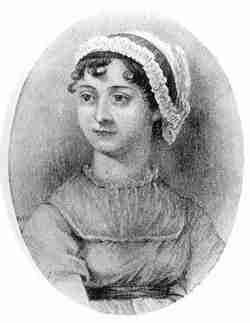Collins functions as another example of Austen’s criticism of snobbery. And in order to receive benefits, even though only the second helpings of its benefits, he must toady himself to Lady de Bourgh. He judges by class and the value he can get that he is full of self-importance because he has a noble woman as his patroness. Additionally, Collins’s long, foolish speeches makes him a prime example of Austen’s talent for making stupidity comical.
Wickham himself is described as being extremely good-looking: his appeal exists only on the surface, which is an attractive surface. This superficial appeal is crucial because it makes his
 story about Darcy’s mistreatment of him believable, at least to Elizabeth. Darcy’s pride has been obvious from his first appearance in the novel, but Elizabeth’s decision to trust Wickham introduces her “prejudice” into the story. She dislikes Darcy the first time she meets him. In contrast, she is attracted by Wickham at their first acquaintance, leading her to believe his story even without hearing Darcy’s side of it, and against Jane’s greater sensibility.
story about Darcy’s mistreatment of him believable, at least to Elizabeth. Darcy’s pride has been obvious from his first appearance in the novel, but Elizabeth’s decision to trust Wickham introduces her “prejudice” into the story. She dislikes Darcy the first time she meets him. In contrast, she is attracted by Wickham at their first acquaintance, leading her to believe his story even without hearing Darcy’s side of it, and against Jane’s greater sensibility.





没有评论:
发表评论